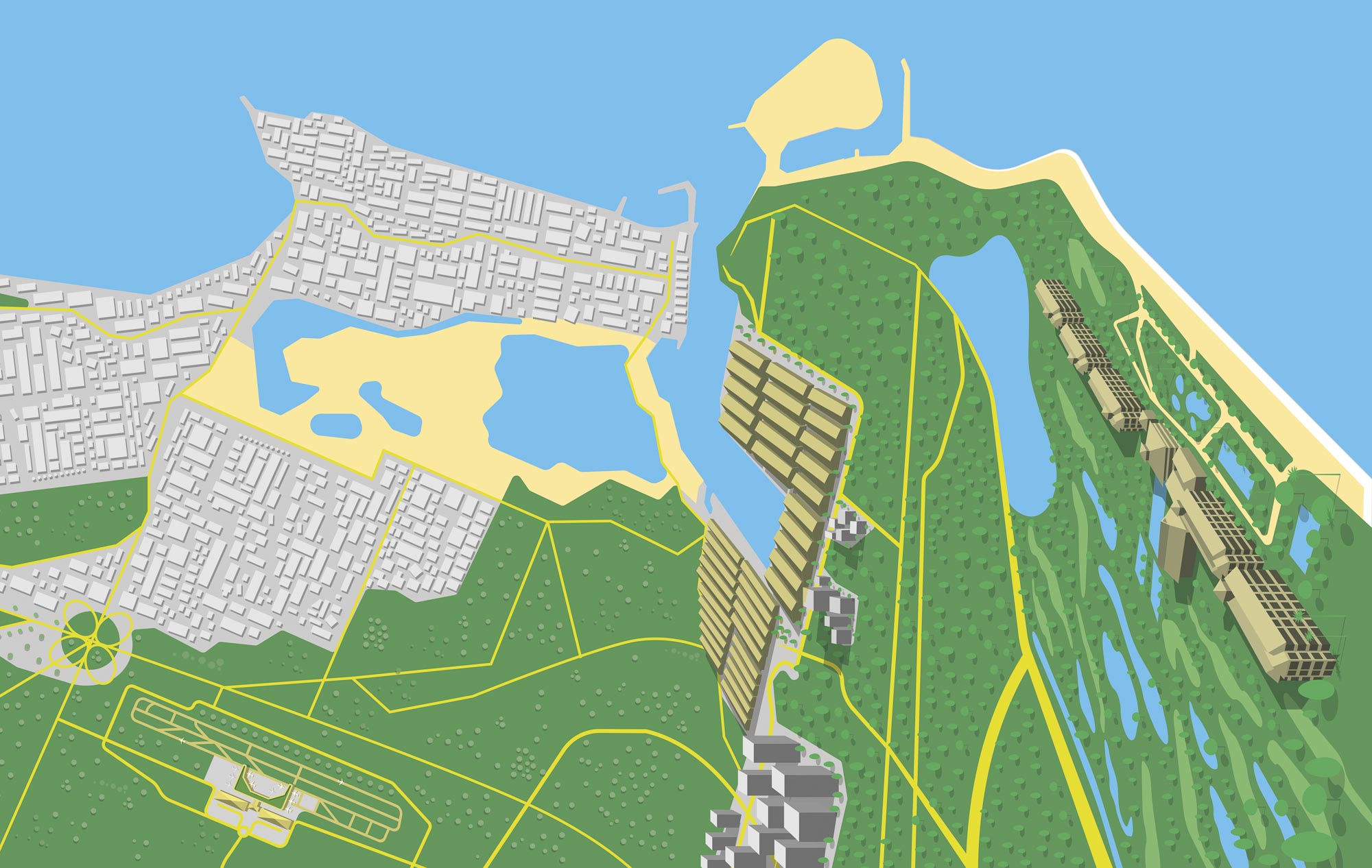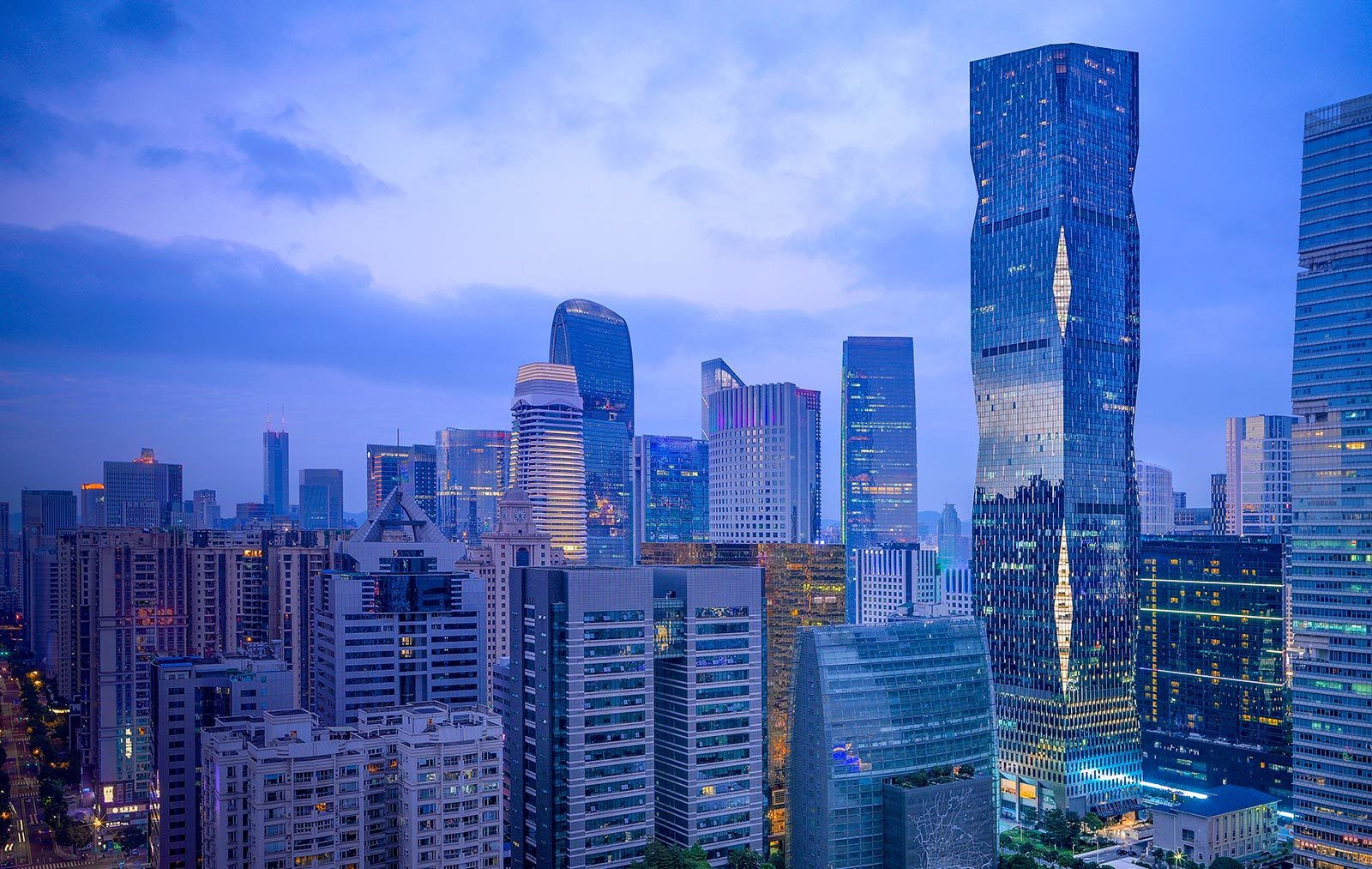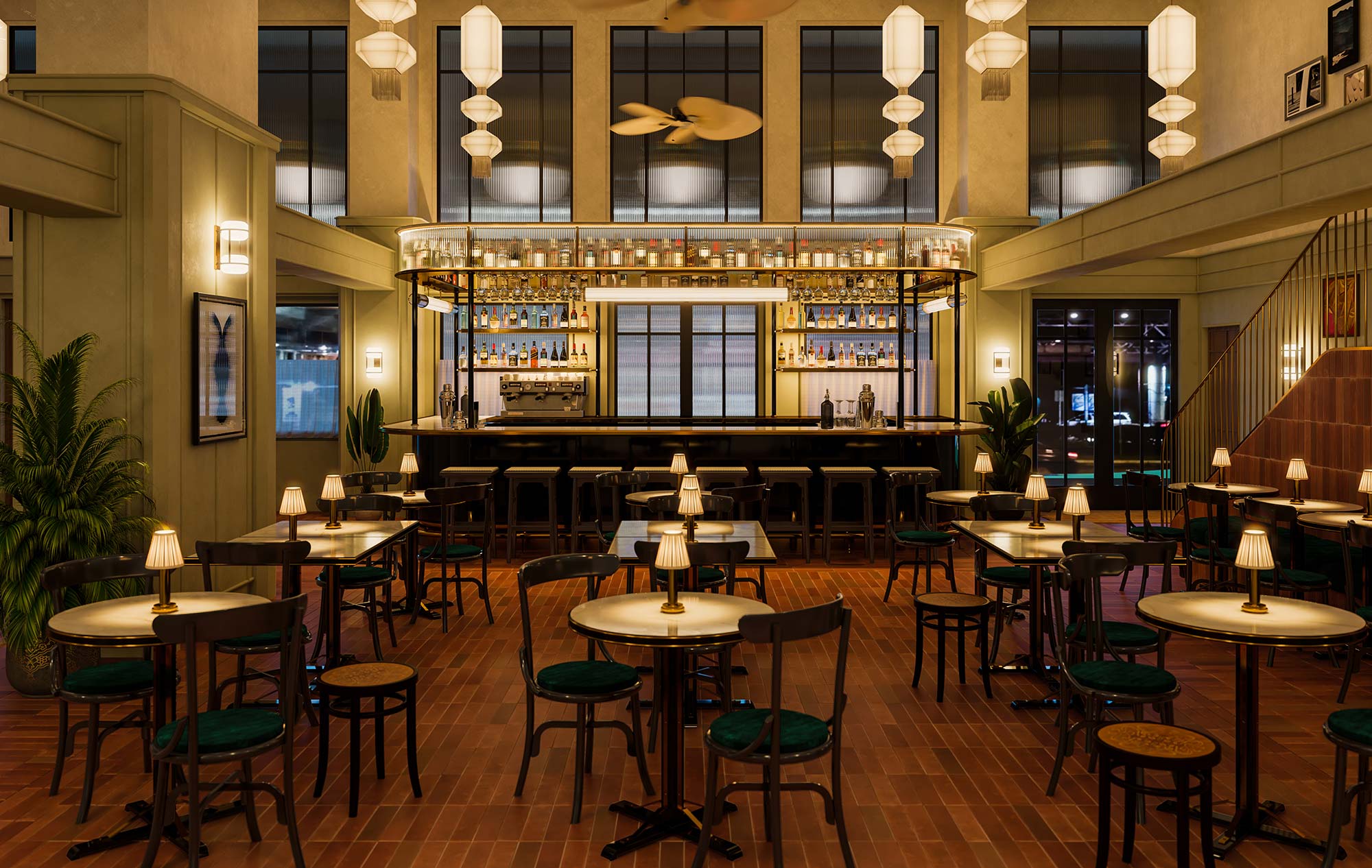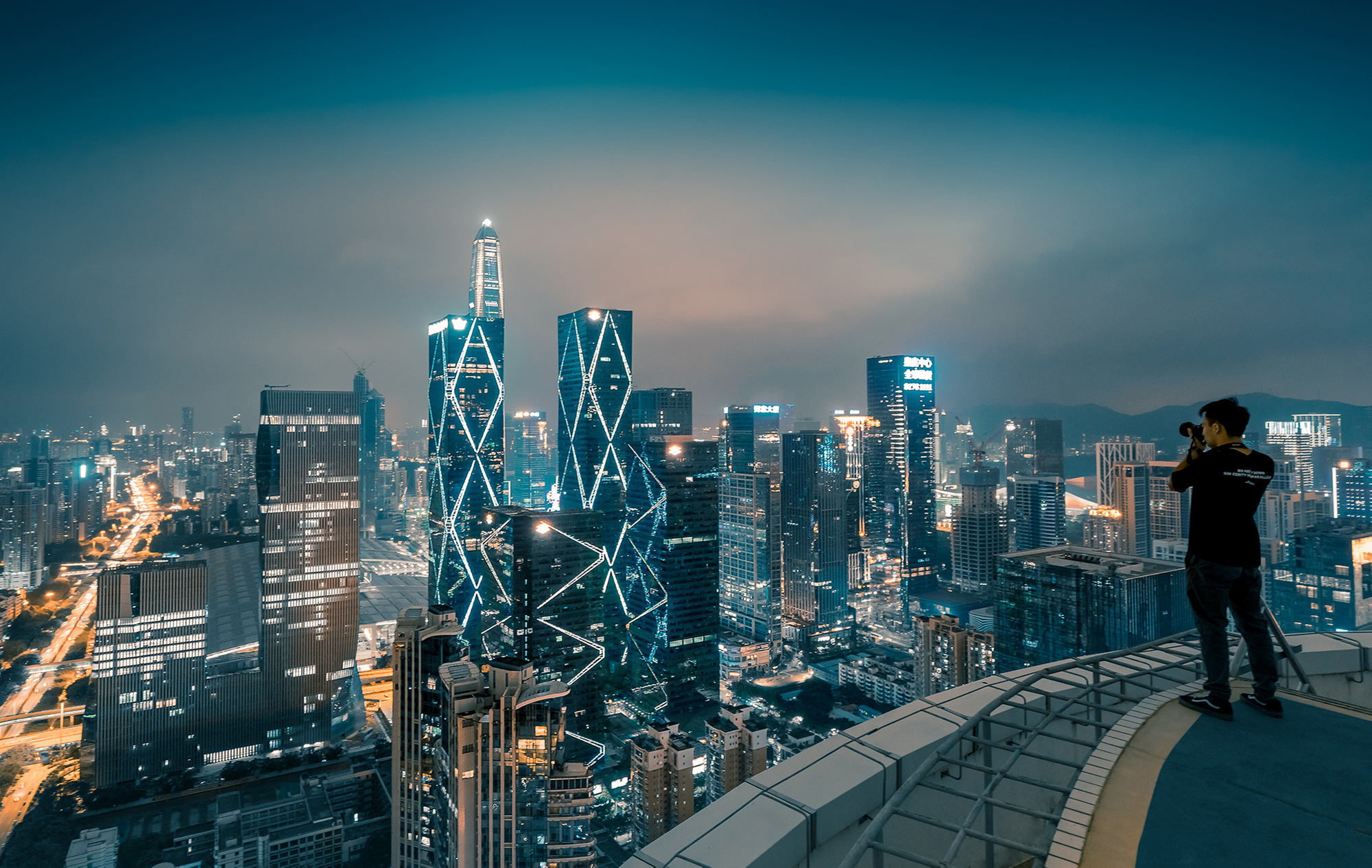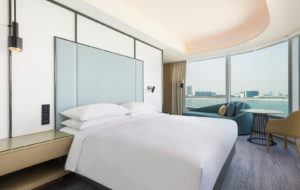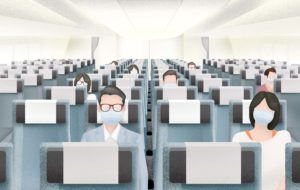Hambantota is a quiet district on the southern coast of Sri Lanka that China has invested heavily in to develop it into an international shipping port.
After Sri Lanka had courted Chinese investment for a major project to build up Hambantota – including the port, an international airport and a cricket stadium – Sri Lanka found it could not repay the debt. So instead, Sri Lanka handed Hambantota Port and a parcel of surrounding land over to China as a 99-year lease, signed in December last year. The port is expected to play a role in China’s Belt and Road economic strategy by helping the country get a foothold in the Indian Ocean.
Hambantota has been slow to realise its ambitions: the new Mattala Rajapaksa International Airport sits mostly empty, and cargo ships still favour Sri Lanka’s capital, Colombo. But development is ongoing, with vast networks of infrastructure in the pipeline. The port is being constructed in three phases and is expected to finish in 2023. It is set to become the largest international port in South Asia, spanning 16 square kilometres and capable of holding up to 33 vessels. The wider project includes railways and highways, as well as an oil refinery. A 6,000-hectare tax-free industrial zone is also being planned around the port.
MRIC Stadium
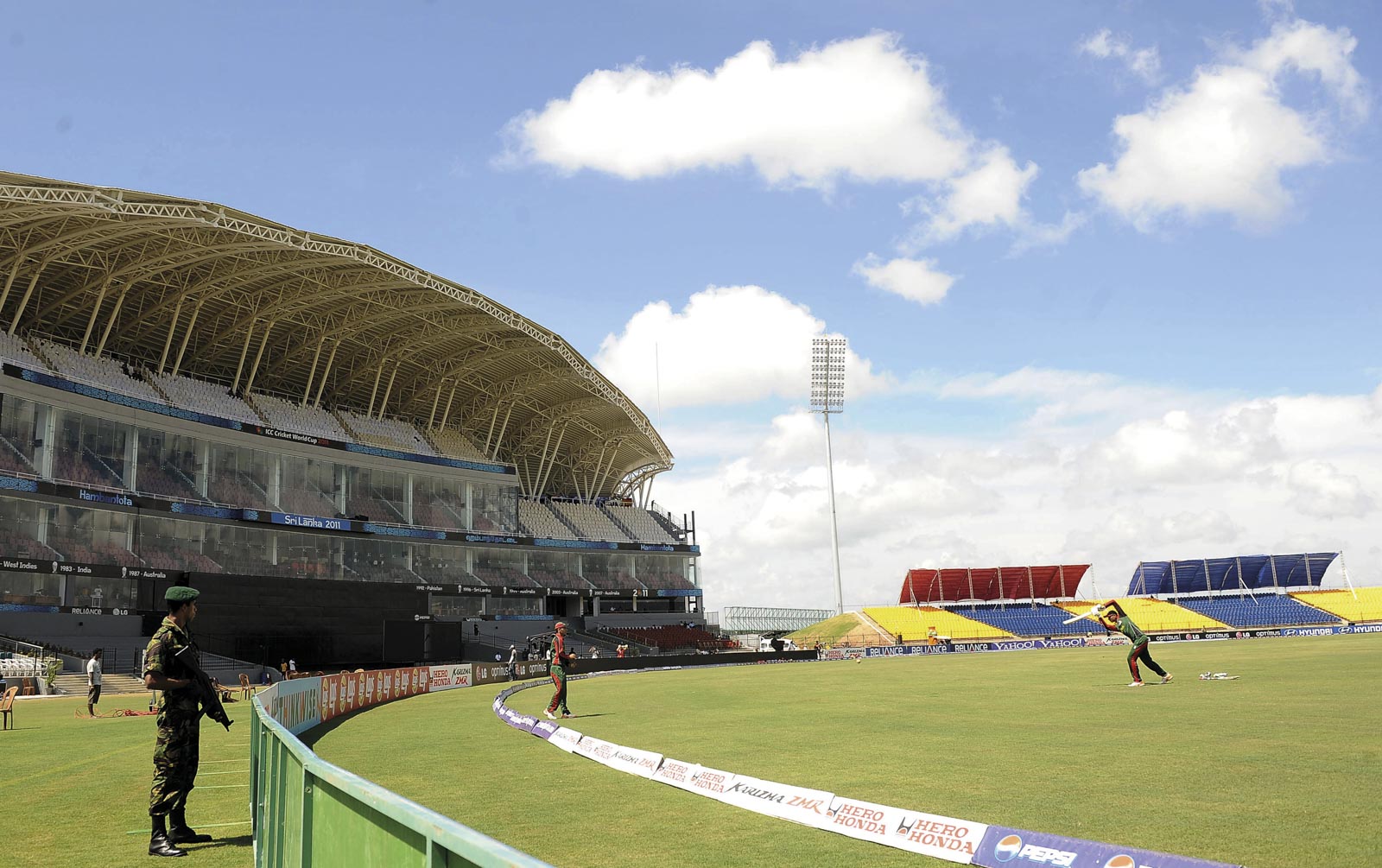
This cricket stadium built to international standards was scarcely used after it hosted the 2011 Cricket World Cup, until last year, when it was renovated and somewhat revived.
Mattala Rajapaksa International Airport
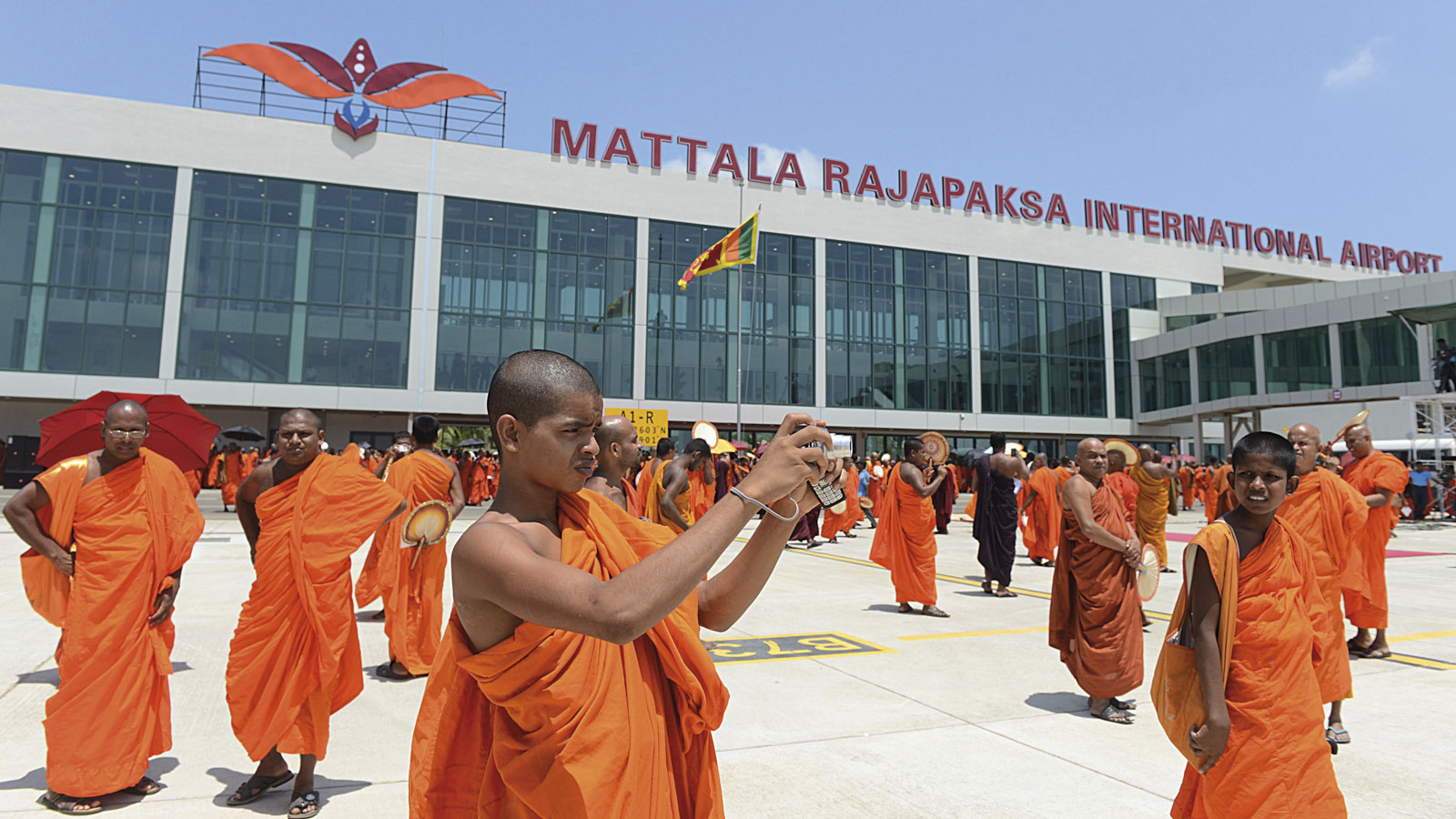
It’s new, handsomely built and fully staffed, with the capabilities for international air traffic. But this airport is also mostly empty for now and has become more of a visitor attraction.
Shangri-La’s Hambantota Golf Resort & Spa
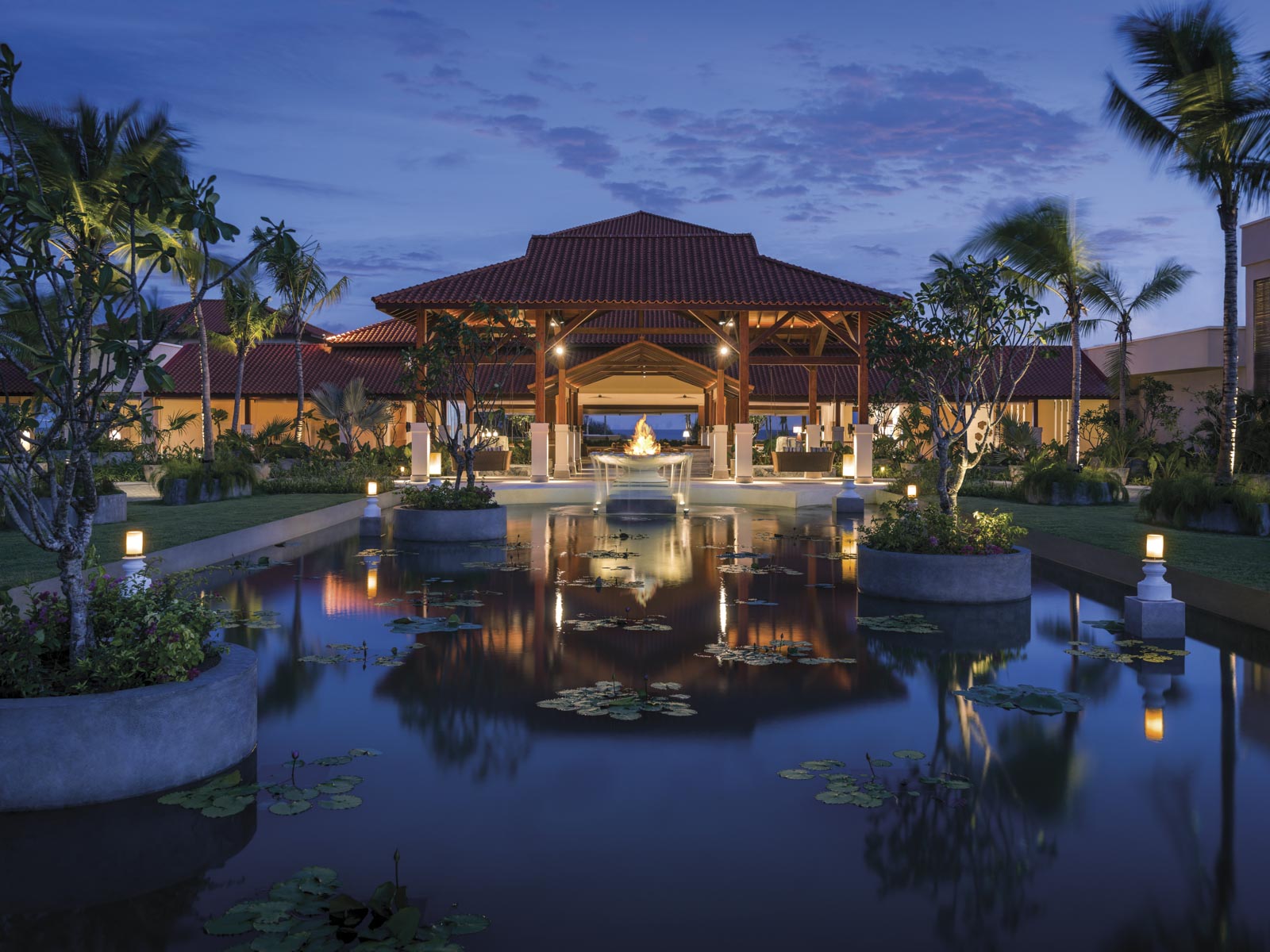
This luxury hotel is the country’s largest resort, incorporating an 18-hole, ocean-facing golf course.
Hambantota Port
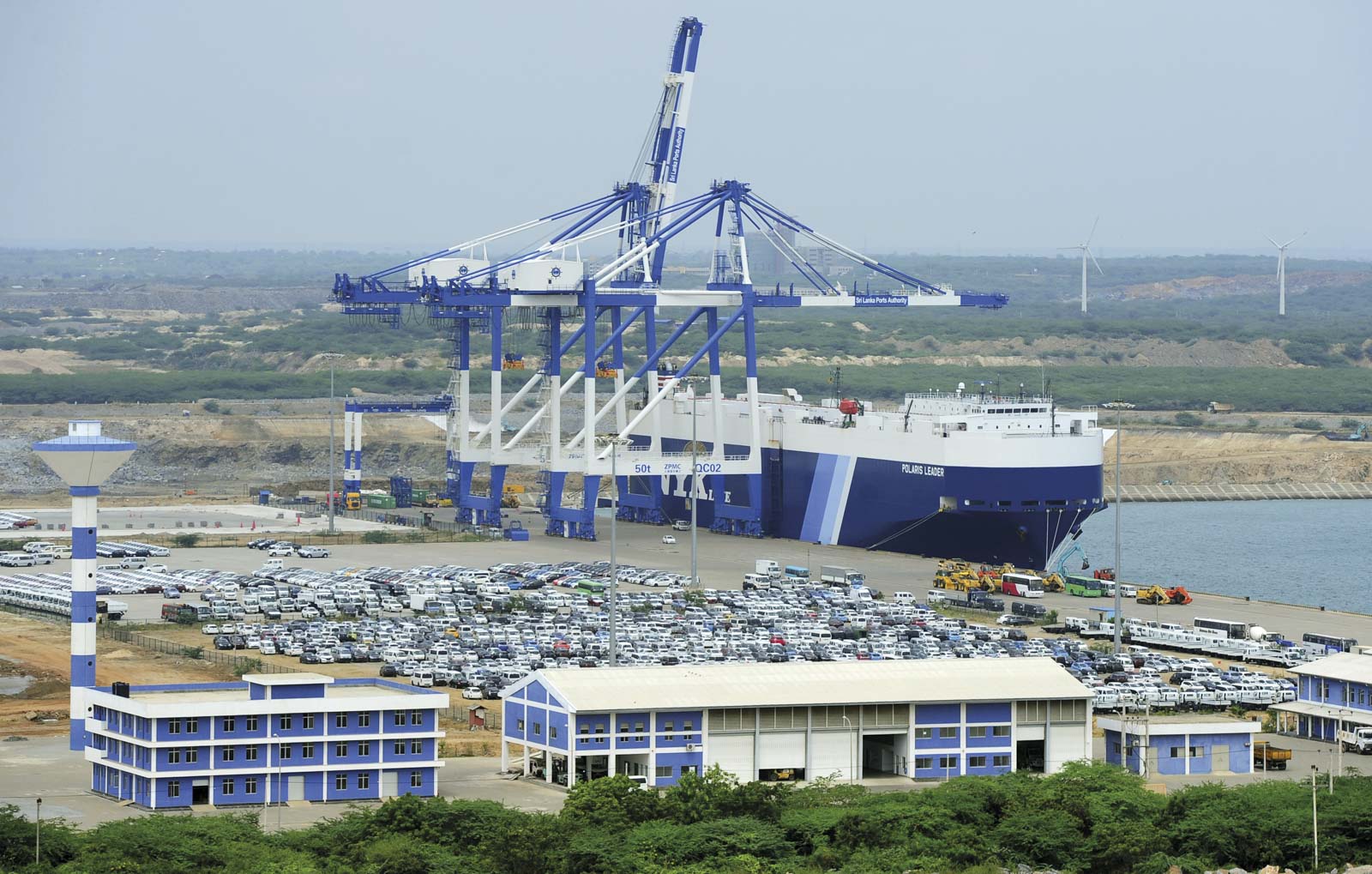
Hambantota’s international maritime port is currently in its second of three phases of development. China wants the port to eventually rival Singapore’s.
Cathay Pacific flies to Colombo from Hong Kong seven times a week



